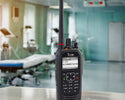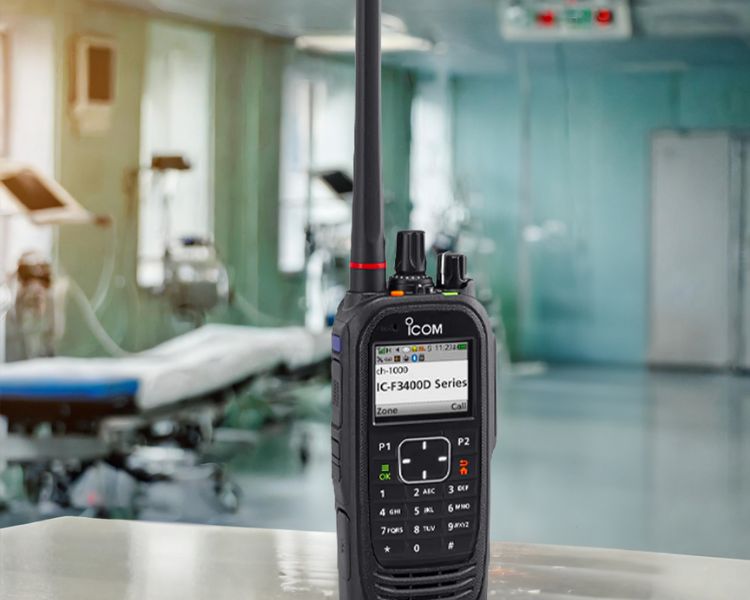
4 Reasons Hospitals Should Utilize Two-Way Radios
, by Joseph Gabriel, 2 min reading time

, by Joseph Gabriel, 2 min reading time

Hospitals are bustling environments. Every staff member has a job to do that influences the health and care of each patient. With the daily pressures of healthcare and the drive to improve, hospitals are always searching for new growth opportunities.
One of the options to improve healthcare operations is to utilize two-way radios. Read on to learn how these devices can help hospitals around the world.
In high-stress moments, every second counts. Radios enable immediate, clear, and secure channels of communication among medical staff. They facilitate the swift assembly of emergency response teams without delay.
Unlike cell phones that suffer from network lags or silence modes, two-way radios remain reliable. Their use during emergencies exemplifies how direct and uninterrupted communication can save lives; improving response times during urgent situations can mean the difference between just on time and too late.
The integration of two-way radios in healthcare settings goes beyond emergency response—it directly contributes to better patient care. Facilitating real-time communication between doctors, nurses, and support staff ensures that they can swiftly address patient needs and concerns.
Each department can work together to reduce wait times for treatments and diagnoses, as well as exchange information instantaneously. This strategy has a direct impact on patient satisfaction and overall care. When medical professionals can consult with one another faster, patient care will inevitably improve.
Clear, concise, and direct communication is paramount. A misunderstanding will have serious, life-changing repercussions.
Unlike other communication devices, the simplicity of radios eliminates the risk of miscommunication by encouraging straightforward, to-the-point exchanges. With the right tools, all medical staff, from surgeons to janitorial workers, can remain on the same page.
Doctors, nurses, and pharmacists aren’t the only professions that benefit from communicating through radios. Security personnel need two-way radios, too.
Hospitals are hubs of activity; the staff rushes from patient to patient, and visitors come in and out during the day. This constant influx of people introduces various security risks, such as people seeking access to restricted areas and those panicking during crises.
One of the reasons hospitals should use two-way radios is because they serve as a vital tool for strengthened security measures. Security personnel equipped can quickly communicate, coordinate, and respond to any suspicious activities or breaches efficiently. Rapid responses increase the security of the environment to ensure patient care is the priority.
The Icom handheld radio is a prime example of a reliable, efficient two-way radio that’s great for hospital staff. Integrating this device will offer the results the hospital desires to improve security, patient care, and more!